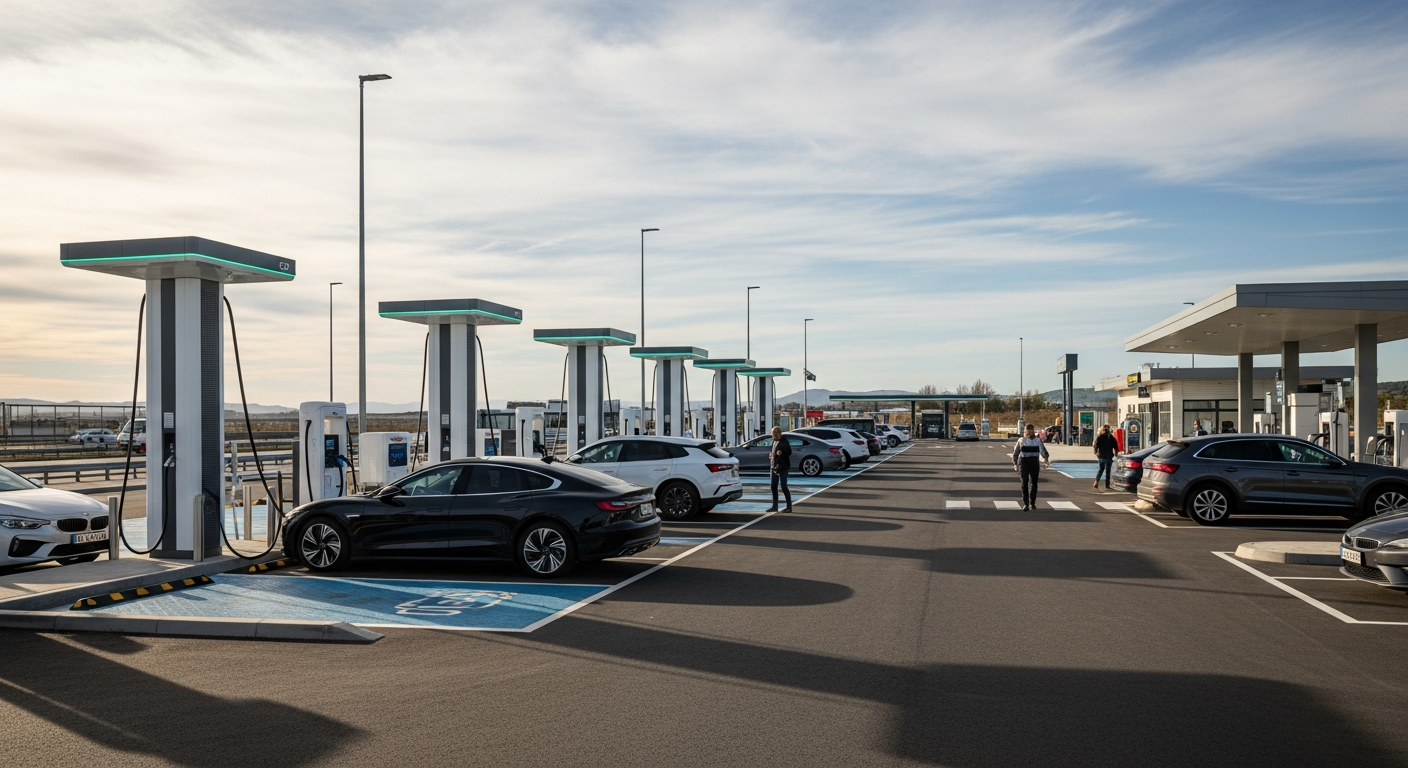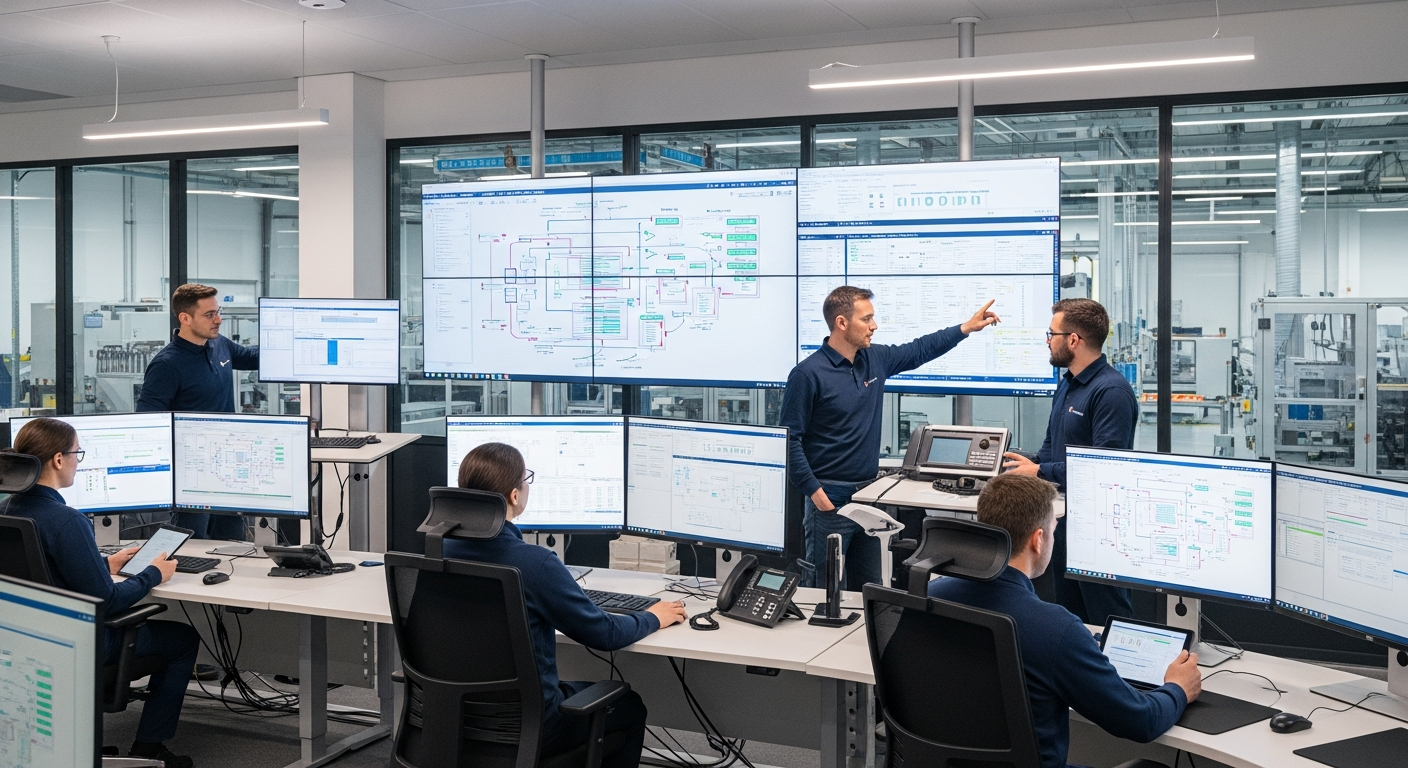Hydrogen Fuel Cell Vehicles: The Next Frontier in Clean Transportation
The automotive world stands on the brink of a revolutionary shift. As concerns about climate change and air pollution intensify, the search for cleaner transportation solutions has become more urgent than ever. Enter hydrogen fuel cell vehicles (FCVs), a promising technology that could reshape the future of mobility. Unlike their battery-powered counterparts, FCVs offer the potential for zero-emission driving with quick refueling times and long-range capabilities. This article delves into the world of hydrogen fuel cell vehicles, exploring their technology, benefits, challenges, and potential impact on the automotive landscape.

A Brief History of Hydrogen in Automotive Applications
The concept of using hydrogen as a fuel source for vehicles is not new. In fact, it dates back to the early 19th century when Swiss inventor François Isaac de Rivaz created the first hydrogen-powered internal combustion engine. However, it wasn’t until the late 20th century that serious development of hydrogen fuel cell vehicles began. Major automakers like General Motors, Honda, and Toyota invested heavily in FCV research and development, recognizing the technology’s potential to address growing environmental concerns.
The Advantages of Hydrogen Fuel Cell Vehicles
FCVs offer several compelling advantages over conventional internal combustion engine vehicles and even battery electric vehicles. First and foremost, they produce zero tailpipe emissions, with water vapor being their only exhaust. This makes them an attractive option for reducing urban air pollution and combating climate change. Additionally, FCVs can be refueled in a matter of minutes, similar to gasoline-powered cars, addressing the long charging times associated with battery electric vehicles. They also tend to have longer driving ranges than most electric cars, making them suitable for long-distance travel.
Challenges Facing Widespread Adoption
Despite their promising attributes, FCVs face significant hurdles to widespread adoption. The most pressing issue is the lack of hydrogen refueling infrastructure. As of 2023, there are only a handful of hydrogen fueling stations available to the public, mostly concentrated in California and parts of Europe and Japan. This chicken-and-egg problem hampers both consumer interest and automaker investment. Additionally, the production of hydrogen fuel itself presents challenges. While hydrogen is abundant, most current production methods rely on fossil fuels, potentially offsetting the environmental benefits of FCVs. Developing cost-effective, sustainable hydrogen production methods remains a crucial area of research.
The Role of Government and Industry in FCV Development
Recognizing the potential of hydrogen fuel cell technology, governments and industry players worldwide are investing in its development. Countries like Japan, South Korea, and Germany have implemented ambitious hydrogen strategies, aiming to position themselves at the forefront of this emerging technology. These initiatives include funding for research and development, subsidies for FCV purchases, and investments in hydrogen infrastructure. On the industry side, automakers are forming partnerships and alliances to share the costs and risks associated with FCV development. This collaborative approach could accelerate progress and help overcome the challenges facing hydrogen fuel cell technology.
FCVs in Commercial and Industrial Applications
While passenger vehicles often dominate discussions about FCVs, the technology shows particular promise in commercial and industrial applications. Long-haul trucking, for instance, could benefit significantly from hydrogen fuel cells. The technology’s quick refueling times and long-range capabilities make it well-suited for heavy-duty vehicles that need to cover long distances with minimal downtime. Several major truck manufacturers are already developing and testing hydrogen fuel cell trucks, with some models entering commercial service. Beyond road transport, hydrogen fuel cells are being explored for use in trains, ships, and even aircraft, highlighting the technology’s versatility.
The Future of Hydrogen Fuel Cell Vehicles
As the automotive industry continues to evolve, hydrogen fuel cell vehicles are likely to play an increasingly important role. While they may not replace battery electric vehicles entirely, FCVs could complement them, offering a zero-emission solution for applications where long range and quick refueling are critical. The coming years will be crucial for the technology’s development, with advances in hydrogen production, storage, and distribution potentially overcoming current limitations. As climate change concerns intensify and governments worldwide push for cleaner transportation solutions, hydrogen fuel cell vehicles stand poised to make a significant impact on the future of mobility.






